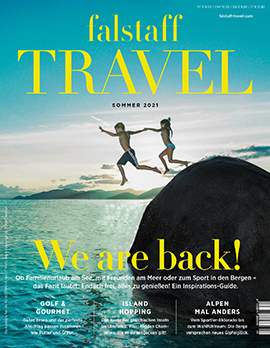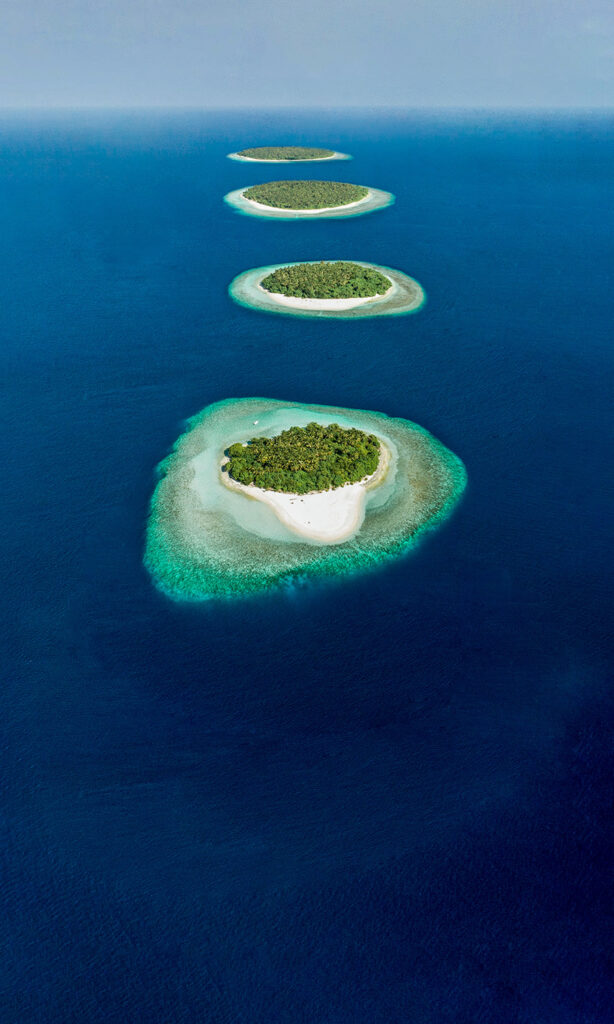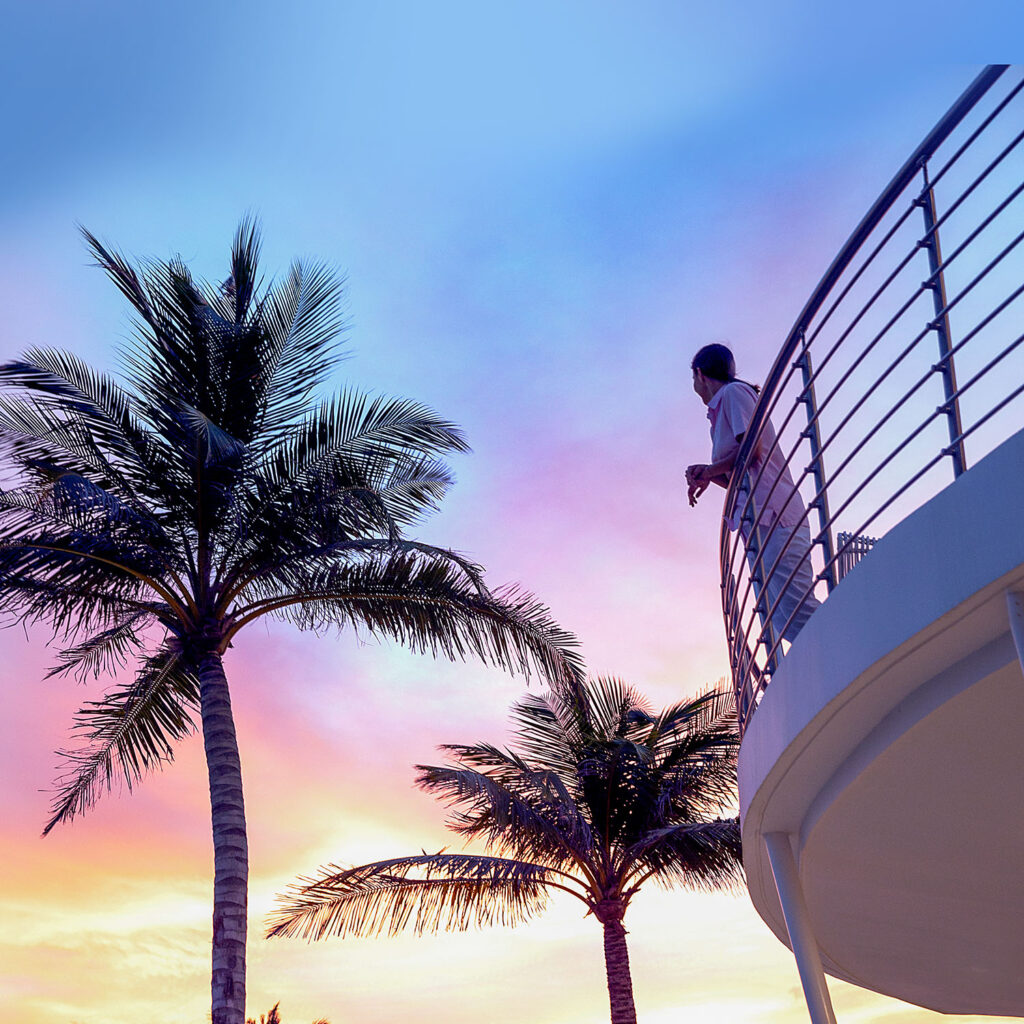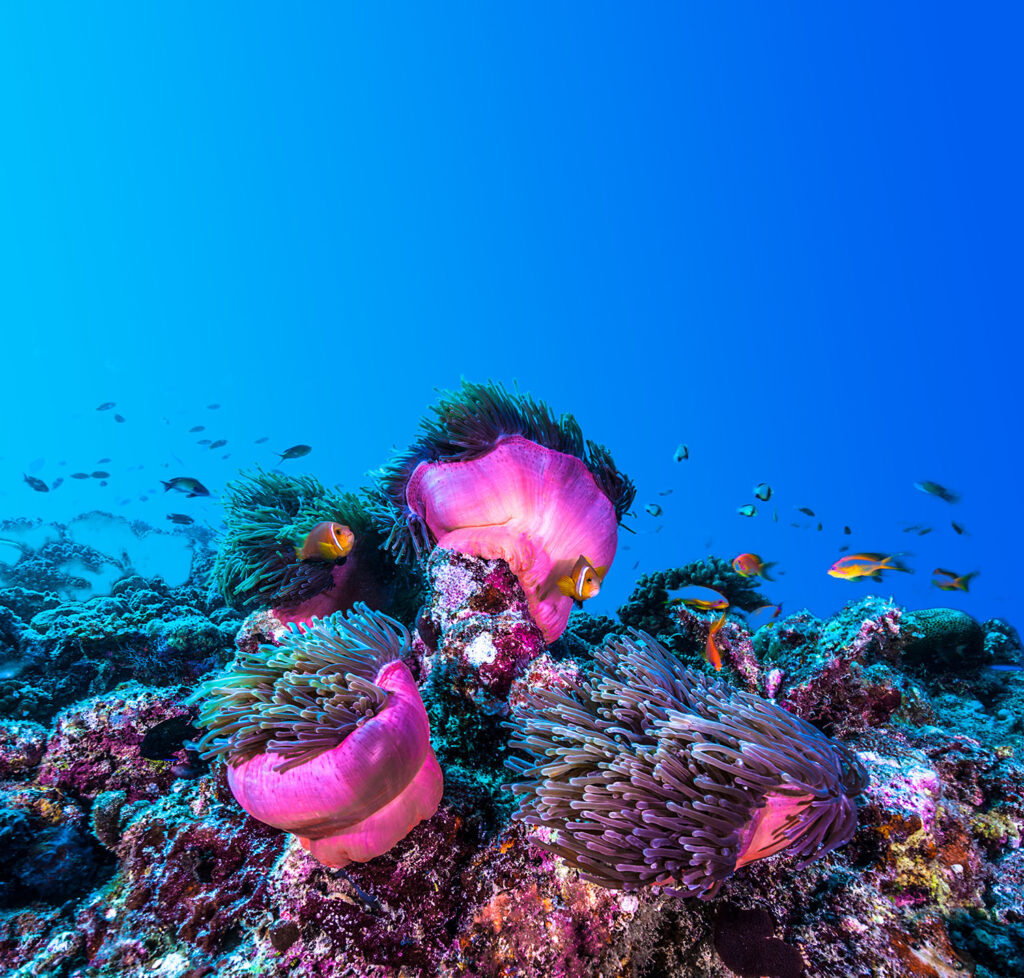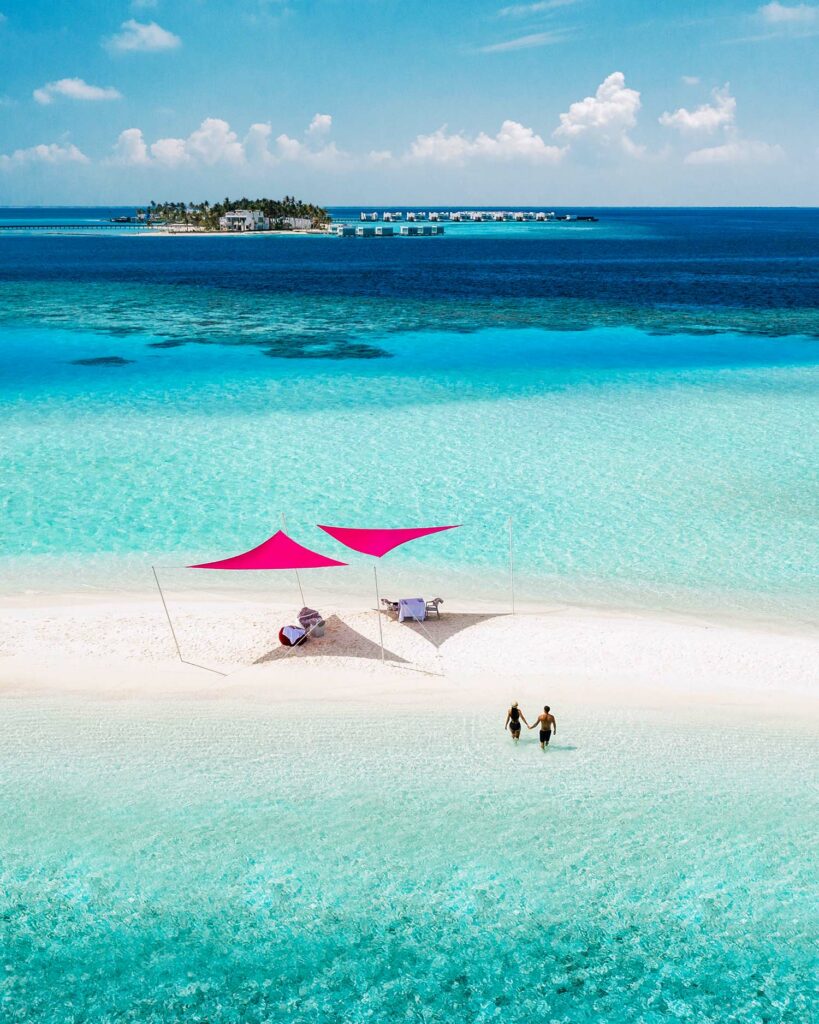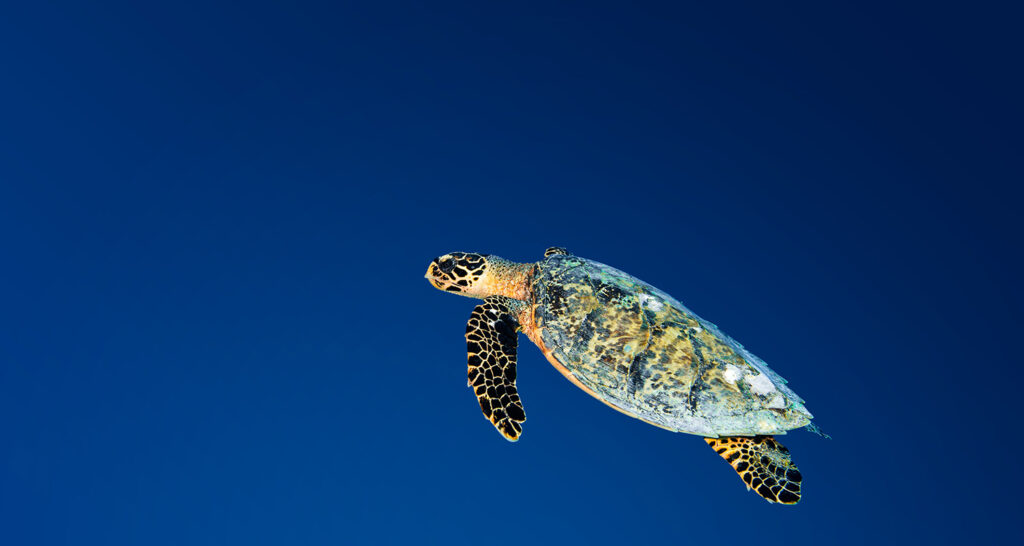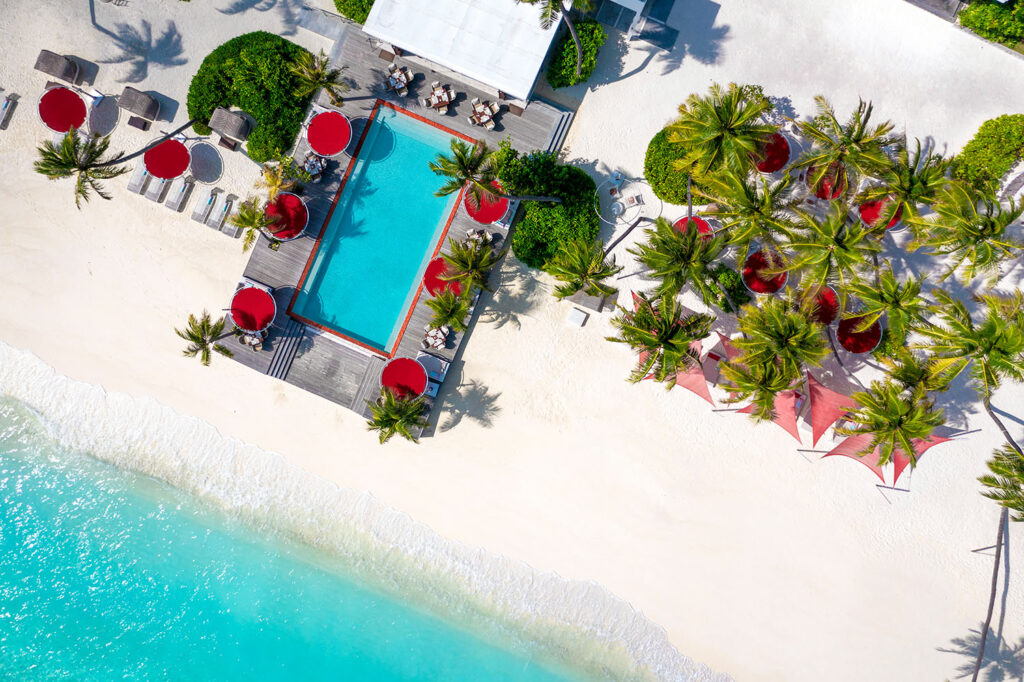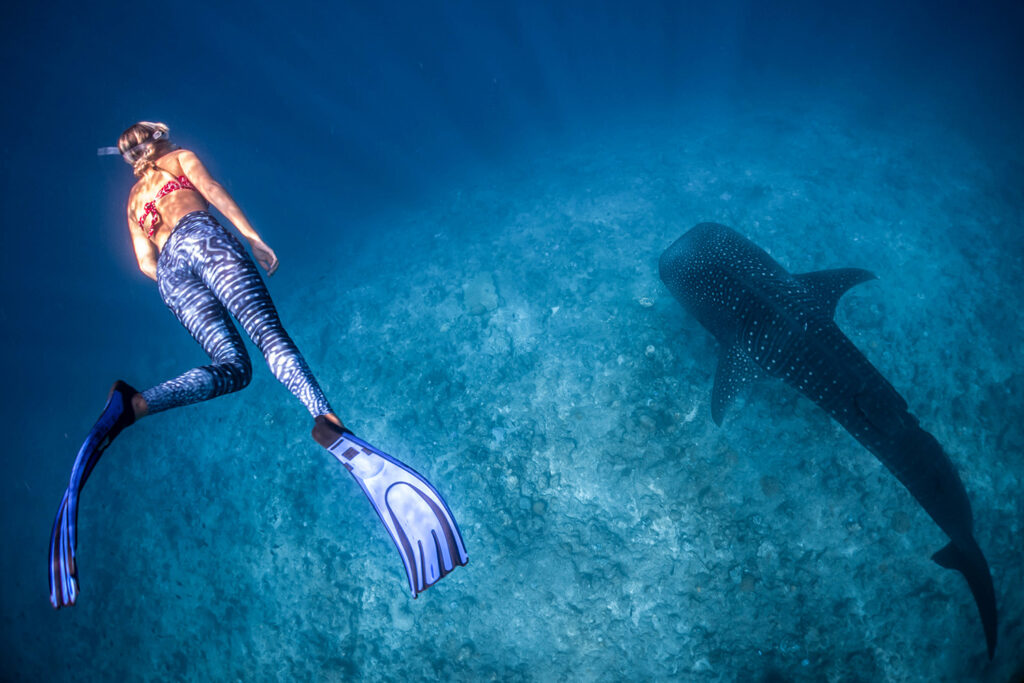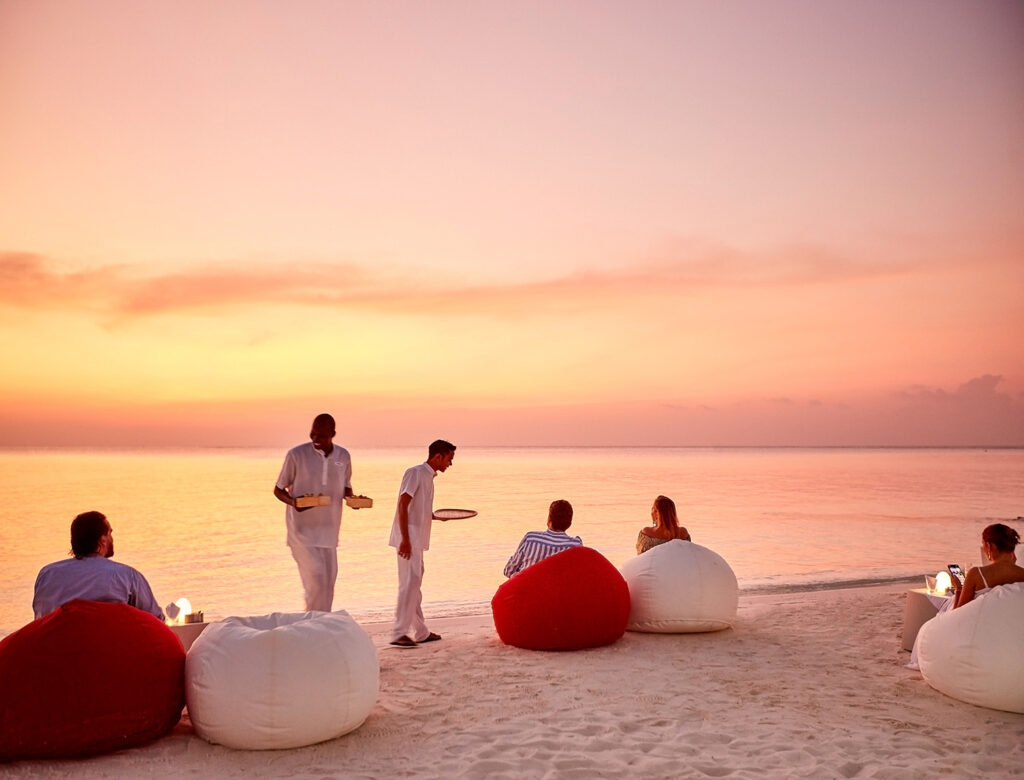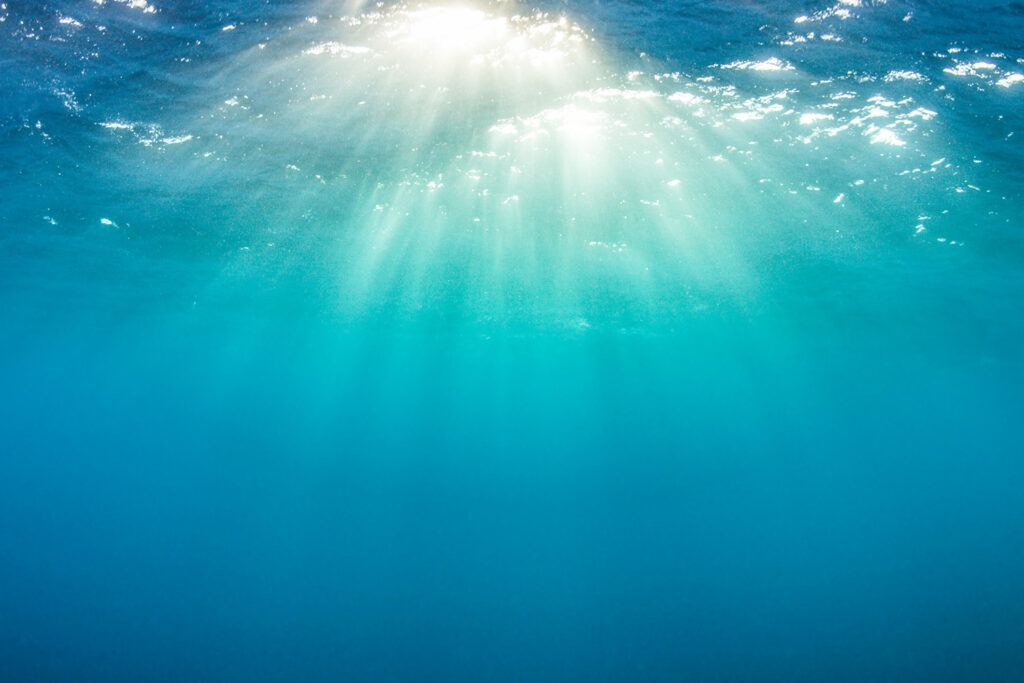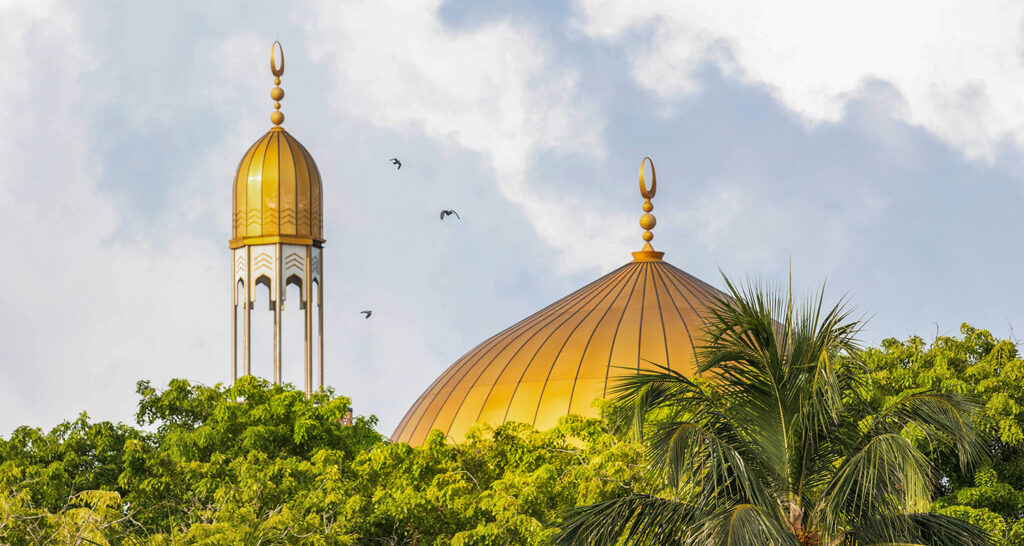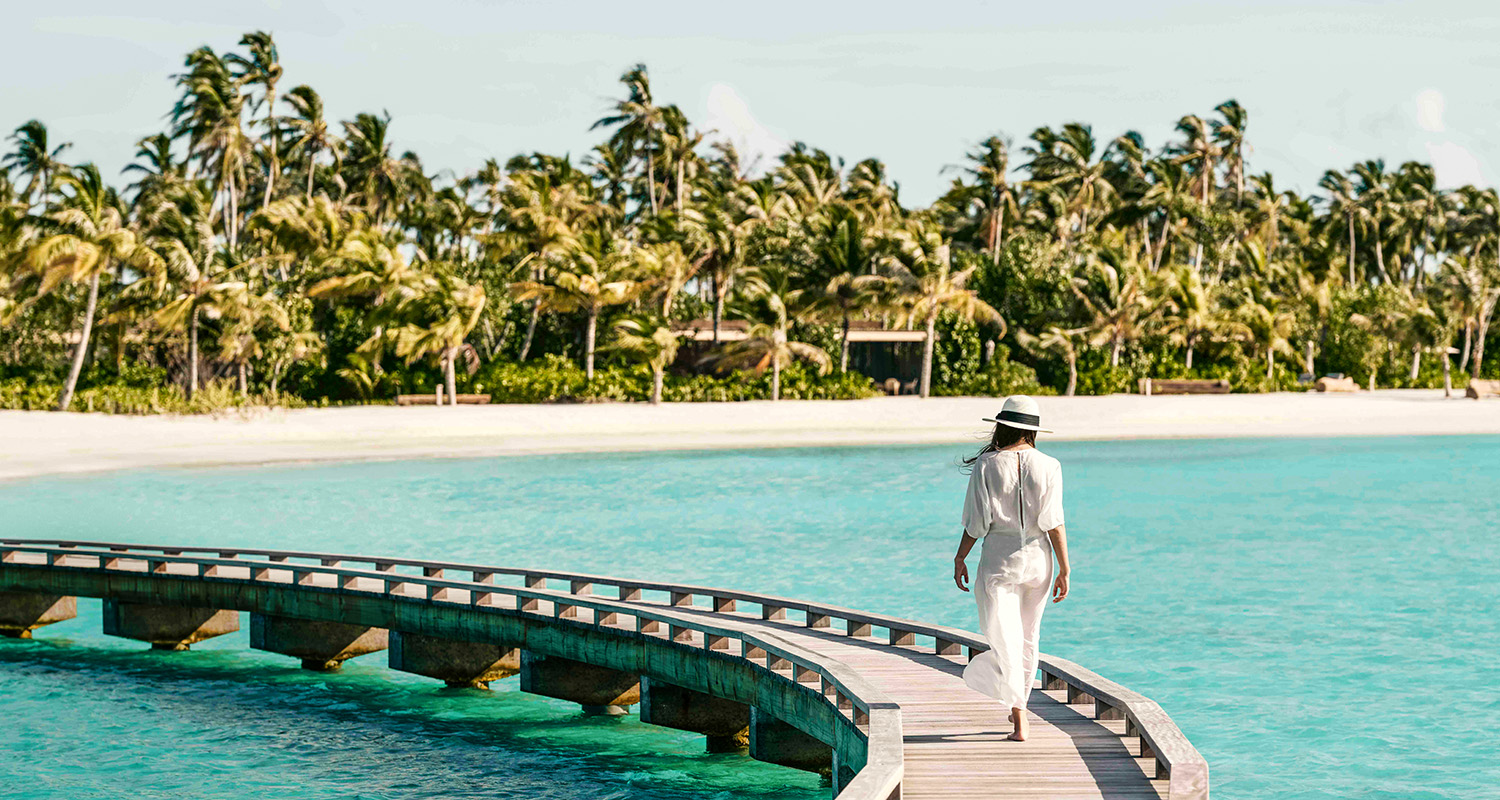
Ten Things You Should Know About the Maldives
We reveal which animal species are endemic, why the sand doesn’t get hot and what the “forbidden islands” are all about.
January 4, 2023
1. there are "forbidden islands
For a long time, the 200 or so “local islands” were off-limits to tourists but in 2009, they were opened up and now small hotels, guesthouses and Airbnbs welcome travelers from all over the world. However, locals are still only allowed to enter the tourist islands to work as staff.
© Unsplash
2. You an use all the parts of a coconut palm tree
A family in the Maldives consumes between 20 and 30 coconuts every week – often in their entirety. They use the oil for cooking and coating their wooden boats, drink the milk and juice for breakfast and make bowls from the coconut shells and wickerwork from the palm fronds.
© Jumeirah Maldives
3. island and hotel managers plant corals themselves
To compensate for the decline in coral caused by increased bleaching and the rapid growth in tourism over recent decades, staff working in the islands’ many resorts have taken to planting corals themselves – including at the Jumeirah Maldives on Olhahali, for example, and the Baros Maldives. They remain optimistic because the regeneration time of corals is between 15 and 20 years.
© GettyImages
4. maldives is the flattest country on earth
The average height of the island nation is 1.5 metres above sea level. Studies have claimed that the fabulous archipelago will be completely under water by 2100. The nation has been working to address the threat of rising sea levels since 1989 when it convened an internation- al conference in the capital city of Malé.
© Jumeirah Maldives
5. Most turtle species are native to the island
There are a total of seven species of sea turtle worldwide, five of which are native to the Maldives: the olive ridley turtle, the loggerhead turtle, the leatherback turtle, and the two most common species, the green sea turtle and the hawksbill turtle. The Olive Ridley Project and other non-profit organisations are working to protect the endangered sea turtles.
© provided
6. The usually fine sand doesn't get hot
Coralline beaches account for a mere five percent of the world’s beaches. The powder-white sand in the Maldives is therefore quite a rare phenomenon. It is made up of undigested pieces of coral crushed and expelled by parrotfish. Best of all: this sand doesn’t get hot in the sun – so you can walk on it without burning your feet.
© Jumeirah Maldives
7. There are many sea creatures to observe
In the Indian Ocean you can not only swim with brightly colored parrot fish and turtles but in the atolls, you can watch manta rays dive and glide through the water. Countless species of shark swim in the waters around the Maldives. Small reef sharks like the whitetip reef shark and grey reef shark, rare sharks like the hammerhead and tiger shark as well as the peaceful giant and largest fish in the world, the whale shark, are all at home here.
© Unsplash
8. There is a tradition of good service
Fifty years ago, the Italian Giorgio Corbin opened the first resort in the Maldives. Accommodation was in houses with palm thatch roofs, which lacked fans and running water. Much has changed since then. In the past five years alone, more than 50 hotels have opened, most of them in the luxury category. What has remained, however, is the courteous service and the casual barefoot atmosphere.
© Jumeirah Maldives
9. The Maldives cabinet held a meeting underwater
Because climate change and rising sea levels are such pressing issues for the Maldives, the government decided to hold a symbolic meeting in 2009. For the first meeting of the “underwater cabinet”, then-President Mohamed Nasheed – the “Mandela of the Indian Ocean” – and his entire cabinet strapped on diving equipment and convened six meters underwater. Using waterproof pens, they signed a document appealing to all the countries of the world to reduce their carbon emissions.
© Getty Images
10. Only one religion is permitted
Sunni Islam is the state religion of the Maldives, and the archipelago is the world’s only one-hundred-percent Muslim country. All of its citizens are Muslim, and Islam is the only accepted religion. Consequently, there is a strict ban on alcohol and strict rules of decency are applied on the islands, apart from those where the resorts are located.
© Unsplash
Continue reading: Is This Hotel in the Maldives the Future of Sustainable Hospitality?

This article appeared in the Falstaff TRAVEL issue Winter 2022/23.
